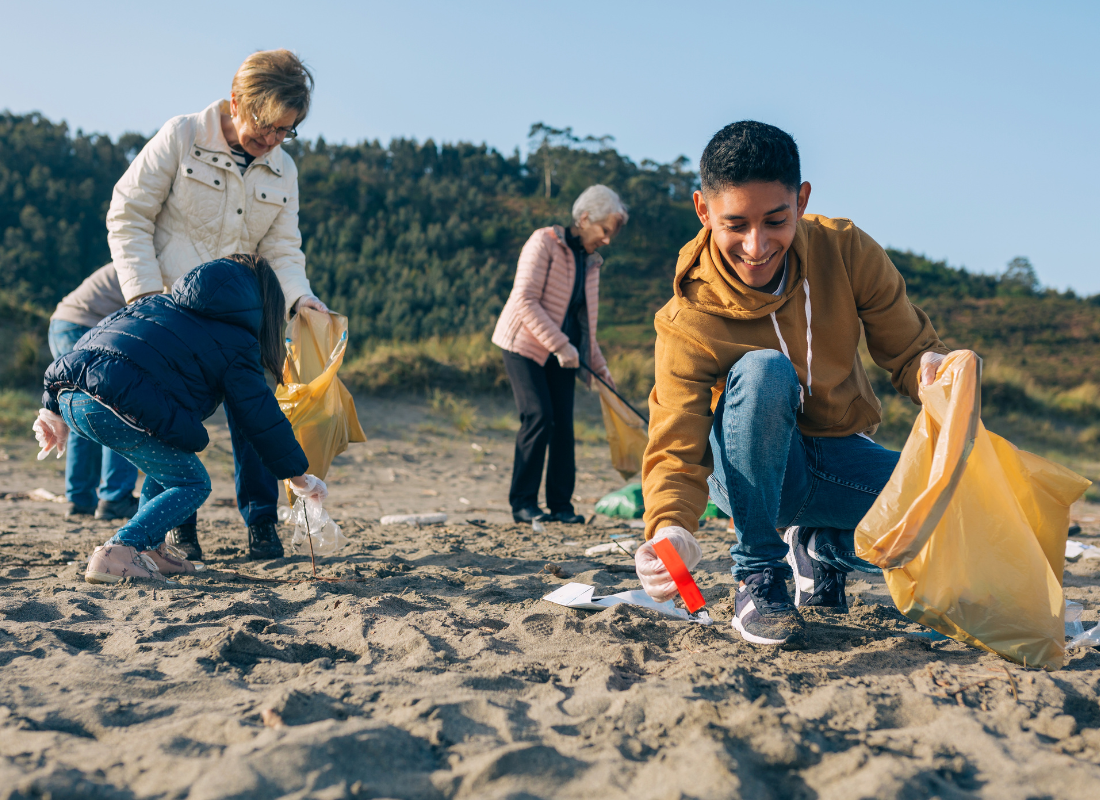
The silent crisis of ocean pollution has grown into a global challenge, threatening the delicate balance of marine ecosystems.
The insidious presence of plastic waste and the catastrophic impact of oil spills demand swift and collective action. In this urgent context, the dynamic interplay between citizen science and ocean cleanup initiatives emerges as a powerful force for positive change.
This article delves into the symbiotic relationship between these two realms, illustrating how the active participation of individuals can be a transformative catalyst in the ongoing battle against the consequences of ocean pollution.
Understanding the Scale of Ocean Pollution
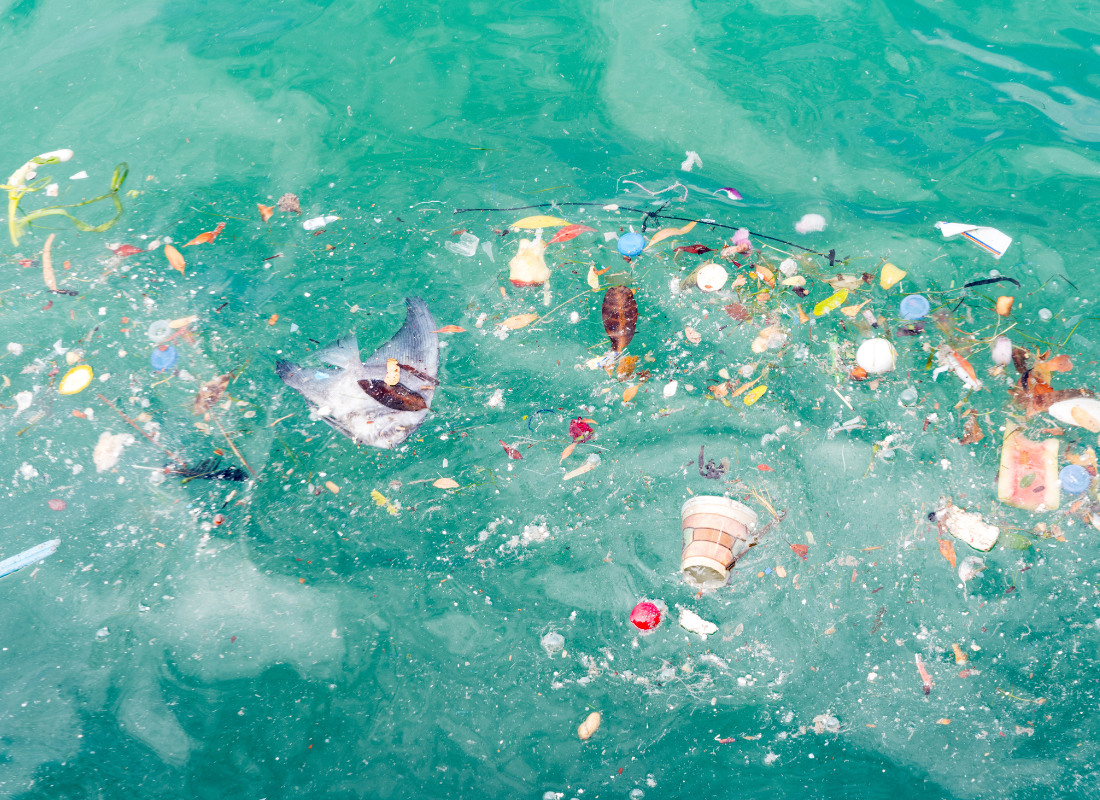 To comprehend the significance of citizen science and ocean cleanup, one must first grasp the immense scale of ocean pollution.
To comprehend the significance of citizen science and ocean cleanup, one must first grasp the immense scale of ocean pollution.
Each year, millions of tons of plastic find their way into the oceans, posing grave threats to marine life and ecosystems. From entangled sea creatures to disrupted fisheries and compromised environmental health, the consequences of this pollution are far-reaching and potentially irreversible.
The Rise of Citizen Science
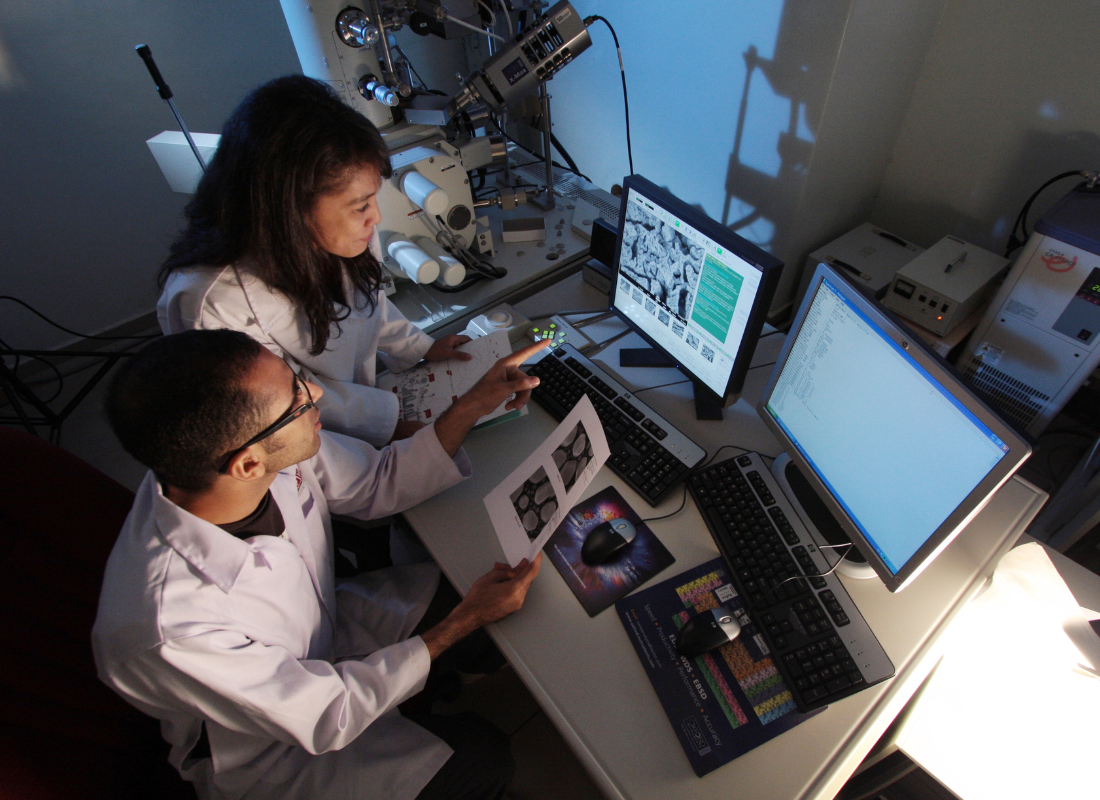 In response to the escalating crisis, citizen science has emerged as a beacon of hope.
In response to the escalating crisis, citizen science has emerged as a beacon of hope.
This collaborative approach involves volunteers actively participating in scientific research, contributing invaluable data that complements traditional methodologies. One impactful facet of citizen science lies in the monitoring of marine debris.
Beach cleanups, organized by dedicated volunteers worldwide, provide essential data on the types and quantities of debris washing ashore. This grassroots effort not only removes existing pollution but also sheds light on the sources and patterns of marine debris, informing targeted strategies for reduction.
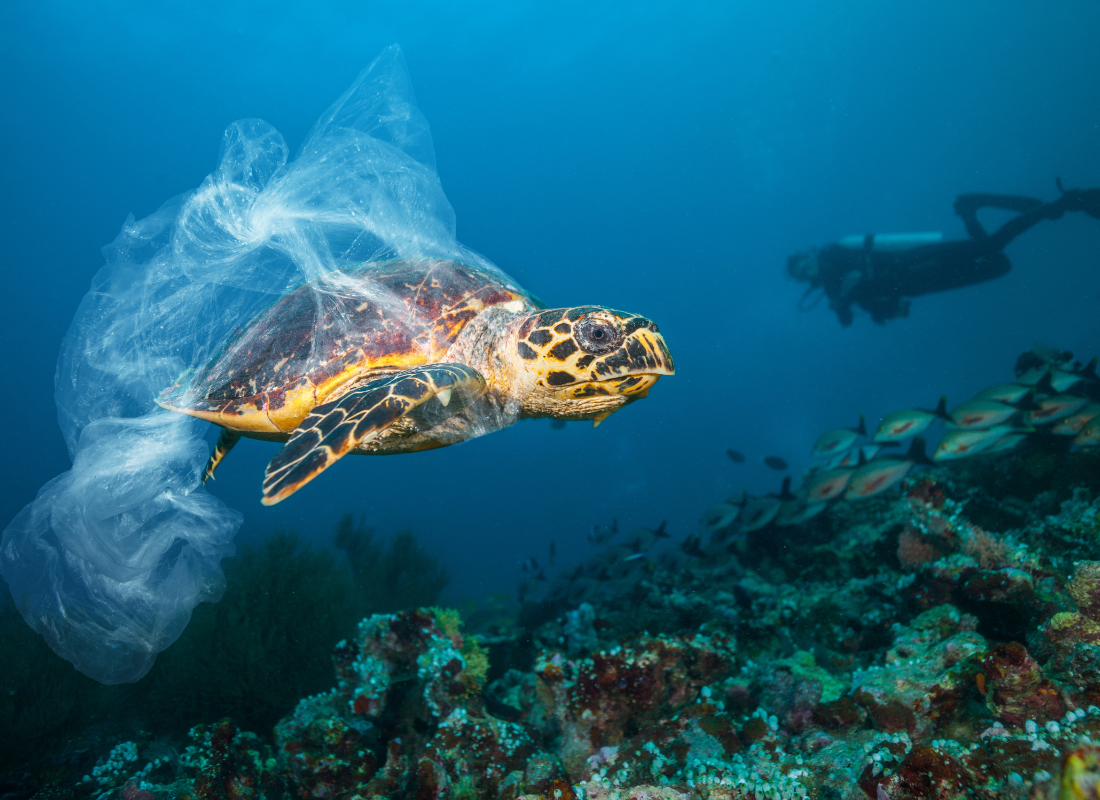 Additionally, citizen scientists equipped with smartphones and user-friendly data collection tools have become frontline contributors in tracking plastic pollution. Initiatives like the Marine Debris Tracker app empower individuals to document and report plastic debris sightings, creating a real-time database accessible to scientists and policymakers.
Additionally, citizen scientists equipped with smartphones and user-friendly data collection tools have become frontline contributors in tracking plastic pollution. Initiatives like the Marine Debris Tracker app empower individuals to document and report plastic debris sightings, creating a real-time database accessible to scientists and policymakers.
This democratization of data collection amplifies our understanding of plastic pollution, fostering a collaborative approach in which every individual becomes a steward of the oceans.
Ocean Cleanup Initiatives
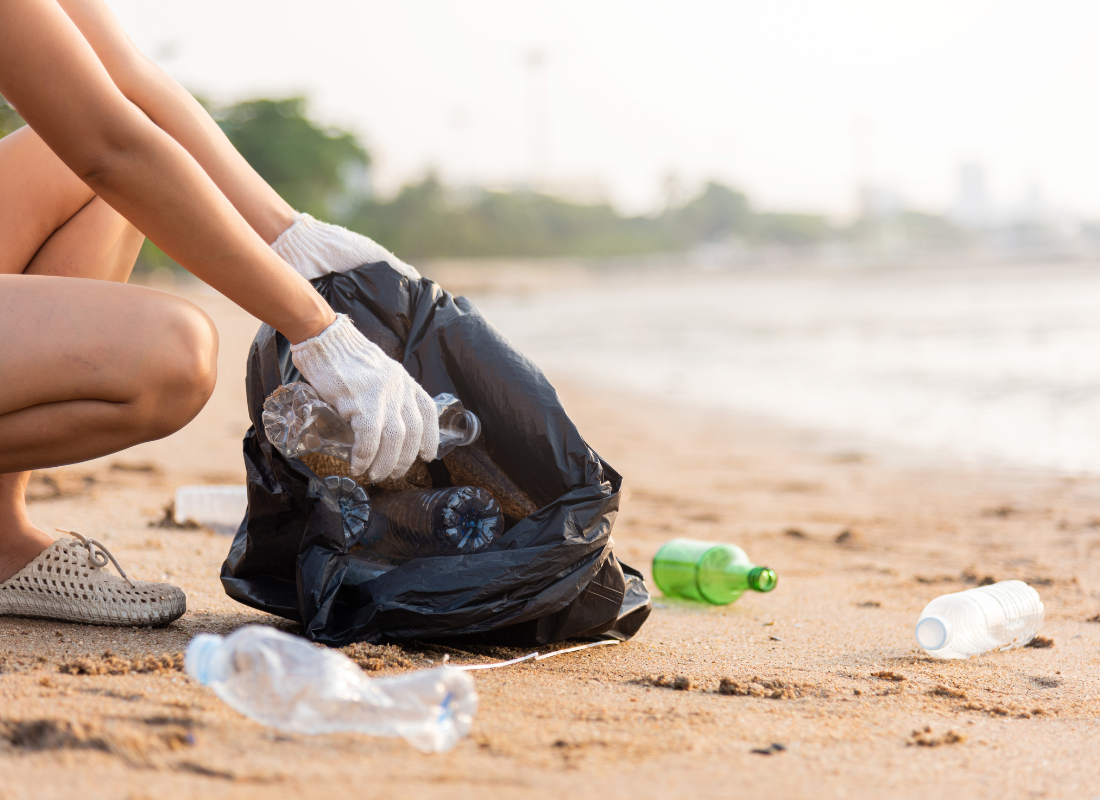 While citizen science plays a crucial role in understanding the problem, direct interventions through ocean cleanup initiatives are equally imperative.
While citizen science plays a crucial role in understanding the problem, direct interventions through ocean cleanup initiatives are equally imperative.
Technological advancements have given rise to innovative solutions aimed at systematically addressing existing pollution. Autonomous ocean drones and specialized cleanup vessels equipped with advanced technologies are increasingly deployed to target large areas efficiently.These cutting-edge tools represent a significant step forward in the quest to cleanse our oceans.
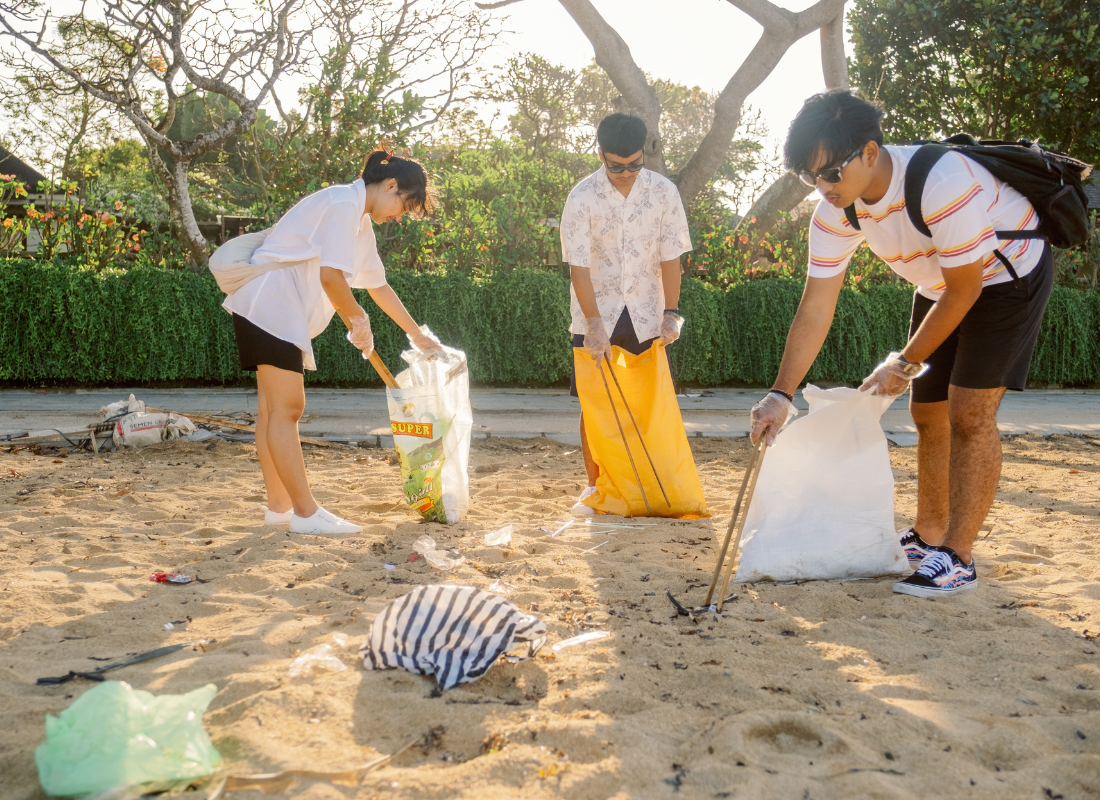
Furthermore, collaborations between corporations, nonprofits, and government agencies play a pivotal role in scaling up ocean cleanup efforts. Initiatives like The Ocean Cleanup, supported by partnerships with major corporations, demonstrate how concerted efforts can lead to the development and implementation of large-scale cleanup technologies.
The amalgamation of technological innovation, grassroots initiatives, and strategic partnerships underscores the multi-dimensional approach required to tackle ocean pollution comprehensively.
How Individuals Can Contribute
 Empowering individuals to actively participate in ocean cleanup is essential for creating a sustainable impact. Several actionable steps enable citizens to contribute meaningfully to this global cause.
Empowering individuals to actively participate in ocean cleanup is essential for creating a sustainable impact. Several actionable steps enable citizens to contribute meaningfully to this global cause.
Reducing single-use plastics stands out as a fundamental and impactful measure. The conscious choice to opt for reusable alternatives, coupled with proper waste disposal, can significantly curb the amount of plastic entering marine environments.
Individuals can leverage their purchasing power to support businesses committed to sustainable practices and advocate for the reduction of plastic packaging in their communities.
 Supporting and engaging in citizen science projects focused on ocean pollution actively involves individuals in scientific research. The data collected by citizen scientists contribute to a deeper understanding of the complexities of ocean pollution and inform evidence-based decision-making. By supporting these projects, individuals become integral components of the scientific community, contributing to a shared pool of knowledge.
Supporting and engaging in citizen science projects focused on ocean pollution actively involves individuals in scientific research. The data collected by citizen scientists contribute to a deeper understanding of the complexities of ocean pollution and inform evidence-based decision-making. By supporting these projects, individuals become integral components of the scientific community, contributing to a shared pool of knowledge.
Education and awareness play a pivotal role in individual contributions to ocean cleanup. By sharing information, participating in community outreach, and encouraging sustainable practices within their social circles, individuals become ambassadors for positive change.
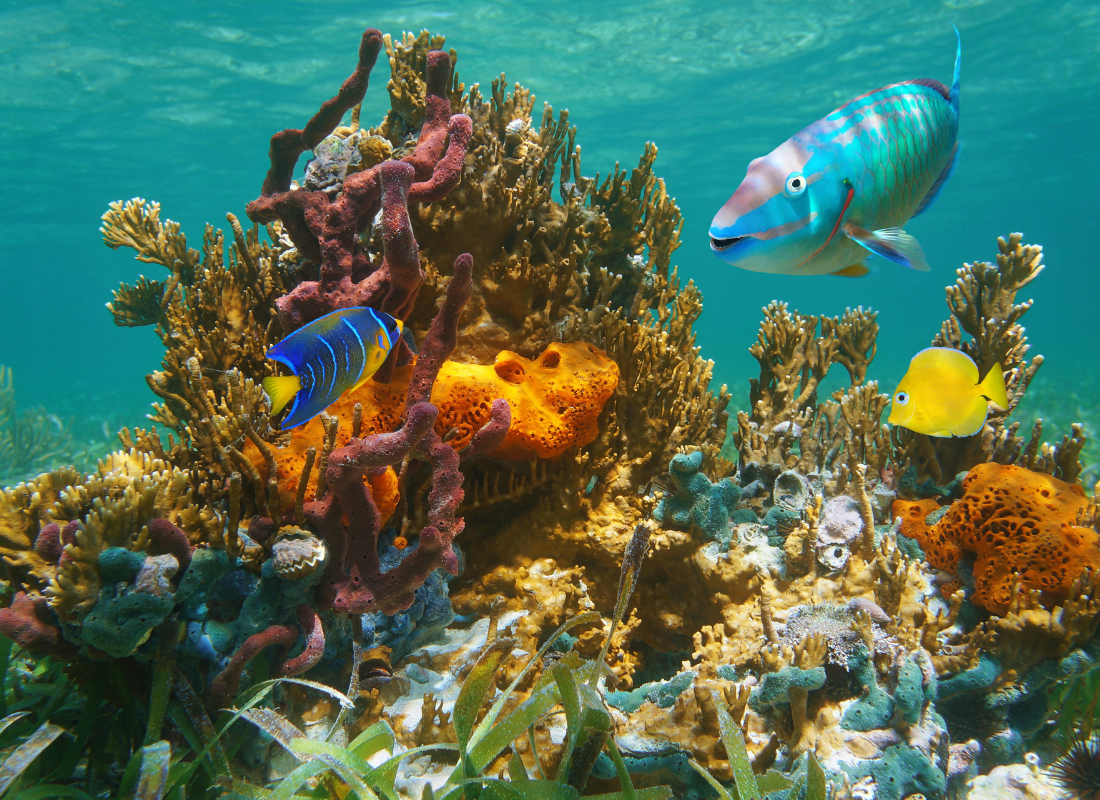 In the symbiotic dance of citizen science and ocean cleanup, individuals emerge as the unsung heroes, wielding the power to reshape the narrative of our oceans.
In the symbiotic dance of citizen science and ocean cleanup, individuals emerge as the unsung heroes, wielding the power to reshape the narrative of our oceans.



